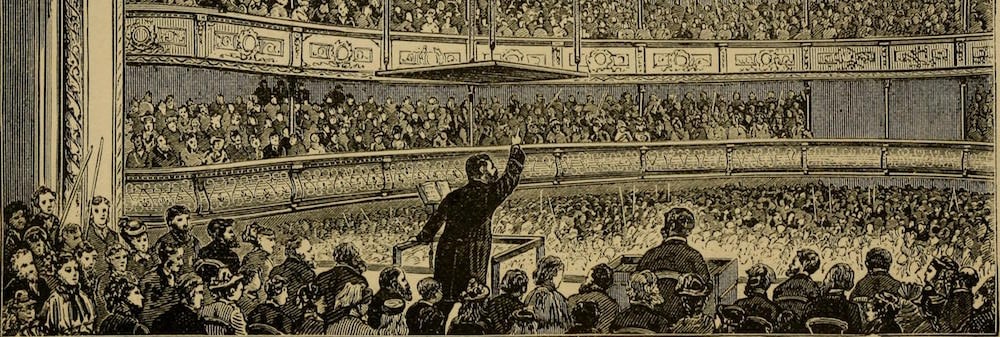One of the more complicated questions that many were asking during Donald Trump’s unlikely charge to the White House is why so many evangelicals seemed to line up behind him.
Login to read more
Sign in or create a free account to access Subscriber-only content.
